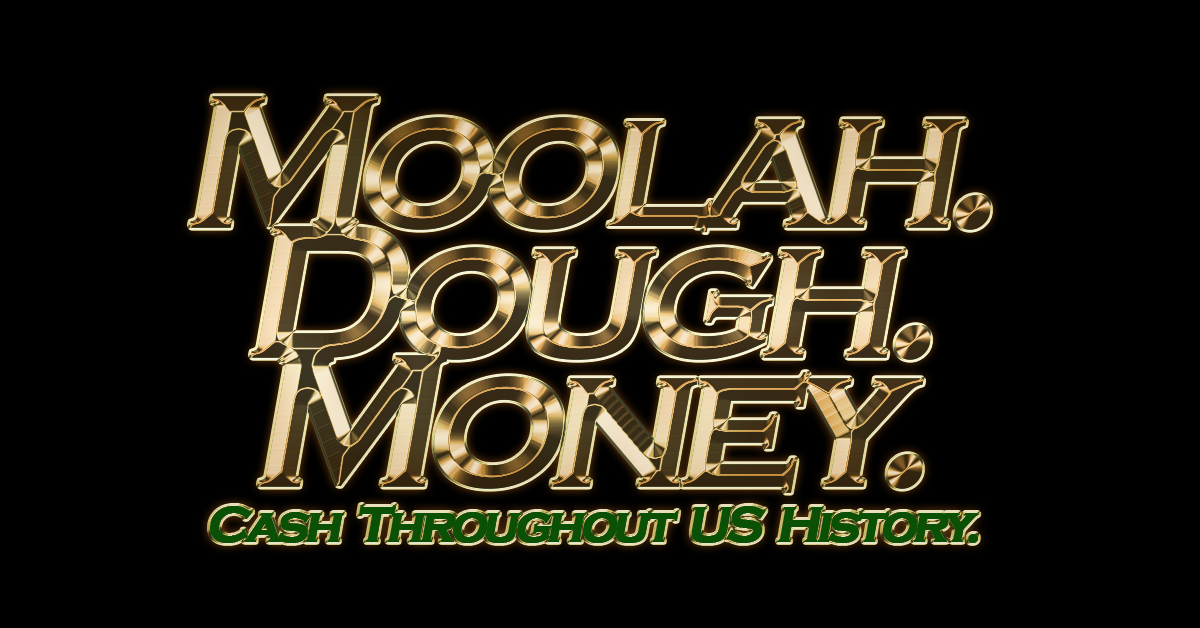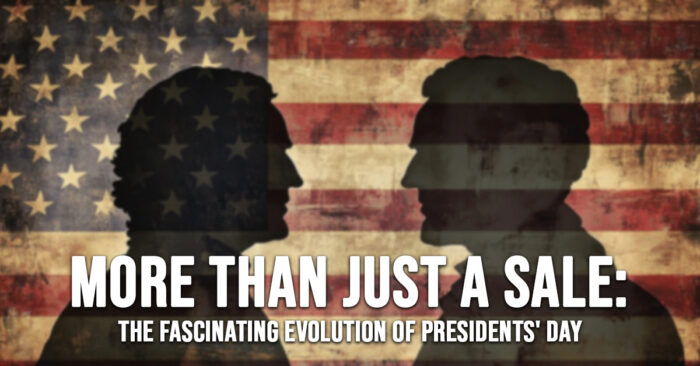Moolah. Dough. Money. Cash Throughout US History.

Moolah. Dough. Money. Cash Throughout US History.
Today, making a purchase can be as simple as inserting a plastic card or typing in a few numbers into your computer. Accounting for about 30% of all transactions, cash is still king however, when it comes to making purchases. Debit, credit and electronic transfers continue to grow but good old cash is still popular, especially when it comes to purchases under $10.
The history of cash in the world is a long one, going back to 2227 BC. The Babylonians are credited with creating the first guidelines for money, based on the weight of items as diverse as barley to gold. These were the first “sheckels”.
In the United States, the history of currency is actually slightly longer than the country itself. The first $2 notes, called “Continentals” were issued on June 25, 1776. These were actually “notes of credit” and the use of money in America was underway. Prior to the Revolution, a mix of French, Spanish and English currency was used.
The first official bank in the United States ws the Bank of North America, chartered in Philadelphia in 1781. It would be over a decade later when the United States Dollar was created as the unit for American cash in 1792. The first American coins were struck in 1793.
It was during the Civil War when the U.S. first issued paper money in the form of non-interest bearing Treasury Notes. These were called Demand Notes. United States Notes quickly replaced Demand Notes and because of their green tint, were nicknamed “greenbacks”. United States Notes remained part of U.S. currency until 1971.
In the second half of the 1800’s gold and silver certificates were issued and backed by precious metals. Gold certificates existed until the Great Depression in 1933 and silver certificates were backed by silver until 1957.
The Federal Reserve Act was created in 1913, with the issuance of Federal Reserve Notes to stabilize the economy. Today, these notes account for 99% of currency in circulation.
It wasn’t until 1957 that the words “In God We Trust” first appeared on paper currency. In 1994 paper currency began undergoing major design changes in the United States. Changes started with large denomination bills and by the year 2000, $5 and $10 bills were redesigned.
While fewer paper currency transactions may be taking place today, transactions in the United States are still based in “dollars”.
Save more of your hard-earned cash by getting a no cost, no obligation insurance review. Contact our independent insurance agents to see if they can improve your coverage, and perhaps even lower your premiums. Contact us today.
Do you have questions about your insurance? Find an insurance agent near you with our Agent Finder
Search All Blogs
Search All Blogs
Read More Blogs
Let the Good Times Roll—Safely: Mardi Gras Liability for Your Business
Hosting a Mardi Gras party this Tuesday? Make sure your business has the right event liability and liquor coverage before the beads start flying.
The Business “Prenup”: Why Business Partners Need Life Insurance in February
Love your business partner? Protect your company with a Life Insurance-funded Buy-Sell agreement to ensure the business survives the unexpected.
Heading South? Insuring Your Mid-Winter Break Road Trip in February
Driving to find some sun this week? Check your roadside assistance and rental car coverage before you leave the driveway.
Spring Dreams, Winter Schemes: Updating Your Insurance Before Your Spring Renovation
Planning a Spring kitchen remodel? Learn why you need to call your insurance agent before the contractors arrive to ensure your project is covered.
Shadow or Spring? The Quirky Science and Folklore of Groundhog Day 2026
Will he see his shadow? Dive into the history and humor of Groundhog Day 2026 and why we still trust a rodent with our weather forecasts.
Stocked for Love: Protecting High-Value Valentine’s Inventory with Business Insurance
Is your Valentine’s stock protected? Ensure your business insurance accounts for the massive inventory surge happening in early February.
New Life, New Responsibility: Why a February Arrival Means Updating Your Policy
Welcoming a new family member this February? It’s time to move life insurance to the top of your to-do list to ensure your child’s future is secure.
Delivering Love: The Insurance Risks of Valentine’s Week Gig Work
Delivering flowers or chocolates for extra cash this Valentine’s? Make sure your car is actually insured for delivery work before you hit the road.
Tax Prep & Protection: Ensuring Your Home Office is Fully Insured for 2026
Prepping your taxes? Don’t forget to check your home office insurance. Your standard policy might not cover your professional gear or liability.
More Than Just a Sale: The Fascinating Evolution of Presidents’ Day
Why is Presidents’ Day on a Monday? Explore the history, the politics, and the trivia behind our mid-February celebration of national leadership.









